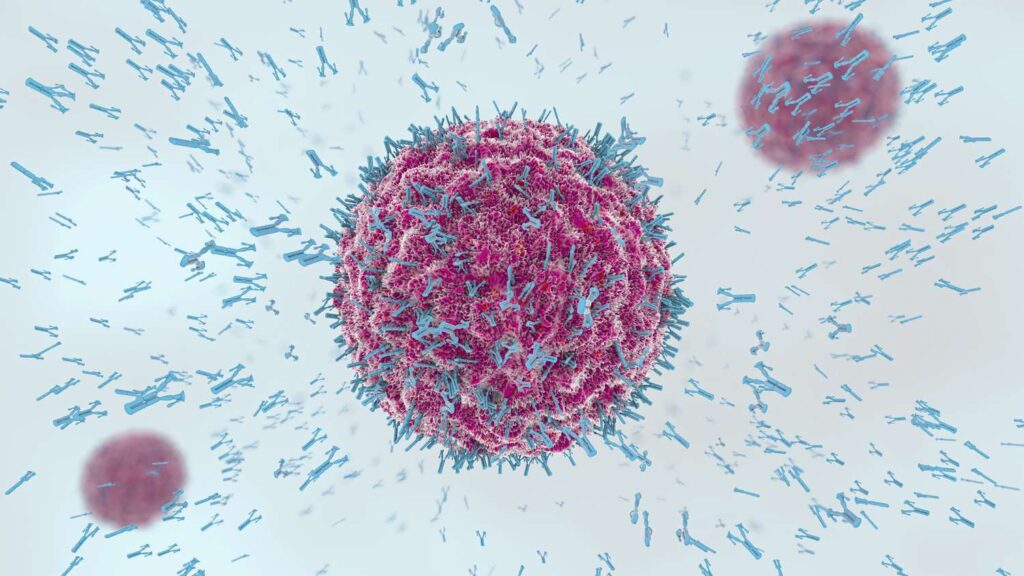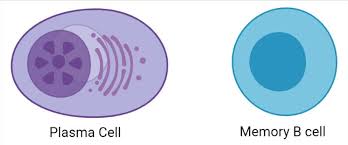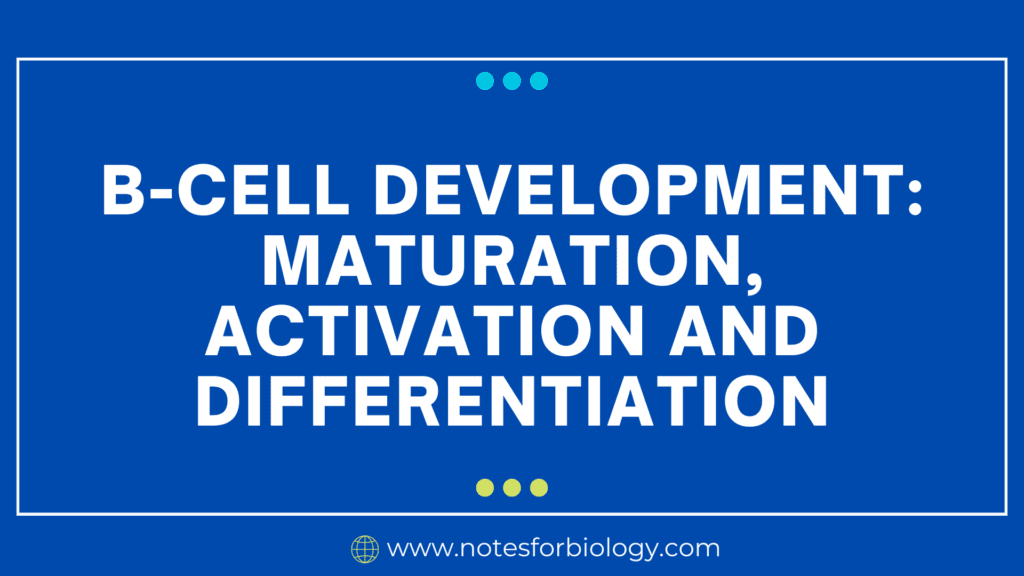B-cells, the heroes of the adaptive immune system, are specialized white blood cells that produce antibodies to fight off infections. Their journey from humble precursors to seasoned warriors is a complex and fascinating process, involving multiple stages of maturation, activation, and differentiation.

Table of Contents
Maturation: From Bone Marrow to Battle-Ready
B-cell development begins in the bone marrow, a spongy tissue within our bones.
Stage 1: Pro-B Cell: It all starts with a hematopoietic stem cell (HSC), the master cell of blood development. The HSC undergoes a series of divisions and commitments, eventually giving rise to a pro-B cell. This early stage is characterized by the expression of specific genes and the rearrangement of immunoglobulin (Ig) genes, the blueprints for antibody production.
Stage 2: Pre-B Cell: The pro-B cell continues to mature, transitioning into a pre-B cell. At this stage, the heavy chain of the antibody molecule is assembled, and the pre-B cell begins to produce a surrogate light chain, a temporary stand-in for the actual light chain.
Stage 3: Immature B-Cell: Now, the light chain of the antibody is assembled, completing the formation of the full antibody molecule. This immature B cell is still under development and needs to undergo a critical test: selection.
Stage 4: Mature B-Cell: Only those immature B cells that pass the selection test, ensuring they don’t react against self-antigens, graduate to become mature B cells. These mature B cells are ready to leave the bone marrow and enter the bloodstream, embarking on their journey to fight infections.
Activation: Sensing the Threat
Mature B cells patrol the body, constantly scanning for foreign invaders. When they encounter an antigen, a molecule that triggers an immune response, the activation process begins.
Step 1: Antigen Recognition: B cells have specialized receptors on their surface called B-cell receptors (BCRs). When an antigen binds to a BCR, it triggers a cascade of intracellular signaling pathways.
Step 2: Co-Stimulation: To ensure an appropriate immune response, B cells require a second signal, typically provided by a T helper cell. This co-stimulatory signal confirms that the antigen is indeed dangerous and activates the B cell fully.
Step 3: Proliferation and Differentiation: Upon activation, B cells undergo rapid proliferation, generating a large army of clonal B cells. These clones then differentiate into two major effector cell types: plasma cells and memory B cells.
Differentiation: Specialists in Antibody Production
B cell differentiation represents the final act of their development, leading to the production of antibodies.

Plasma Cells
These highly specialized cells are the antibody factories of the immune system. They secrete massive amounts of antibodies, specifically tailored to target the antigen that triggered their activation. These antibodies circulate in the bloodstream, neutralizing pathogens and marking them for destruction by other immune cells.
Memory B Cells
These cells remember past encounters with specific antigens. They persist in the body for long periods, providing long-term immunity. If the same antigen enters the body again, memory B cells can quickly reactivate and mount a rapid and robust antibody response, preventing reinfection.
From Precursor to Defender: A Summary
B-cell development is a remarkable journey, transforming a humble precursor cell in the bone marrow into a highly specialized antibody-producing machine. This intricate process, involving maturation, activation, and differentiation, ensures that our immune system can effectively combat a wide range of infections. The ability of B cells to generate memory cells forms the basis of vaccination, a cornerstone of modern medicine that protects us from deadly disease.
Frequently Asked Disease(FAQ)
Define B-cell ?
B-cells, the heroes of the adaptive immune system, are specialized white blood cells that produce antibodies to fight off infections.
What do you mean by Memory B Cells?
Memory B cells are a type of white blood cell that play a crucial role in long-term immunity against specific pathogens. Imagine them as the seasoned veterans of your immune system, ready to spring into action if they encounter a familiar foe.
Related Articles
Transplant immunology: Types of graft, and transplant rejection


